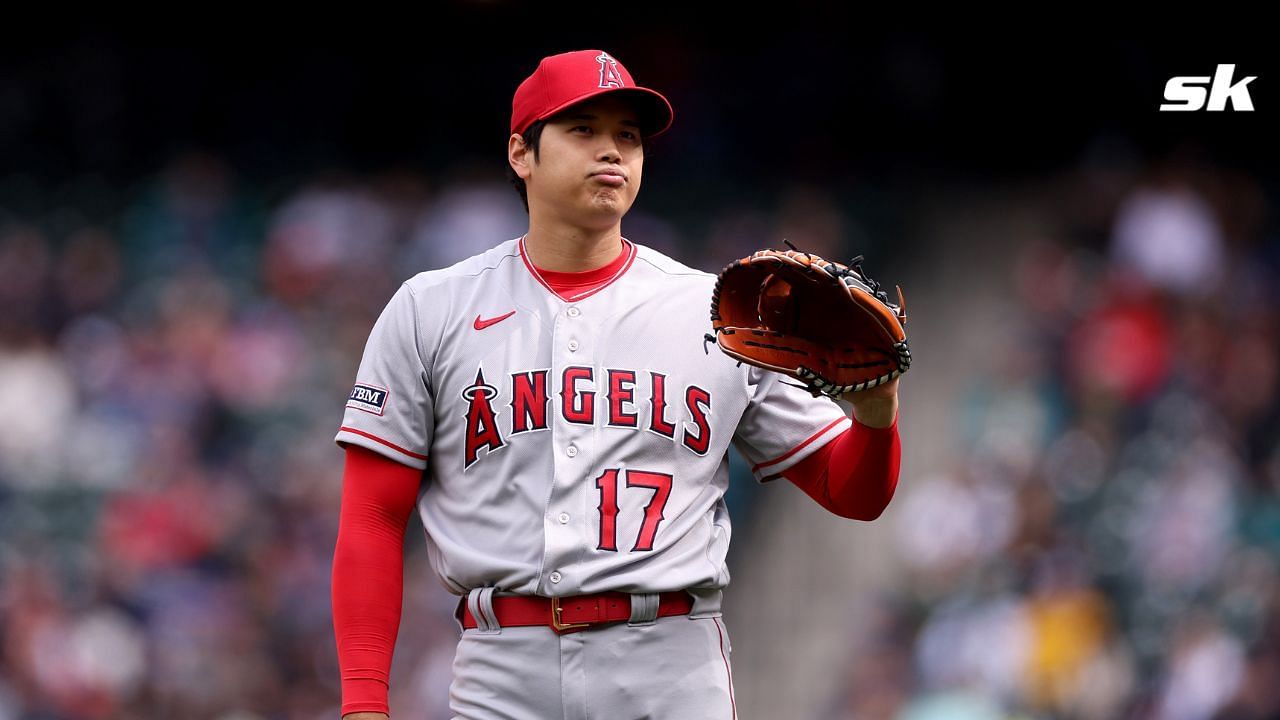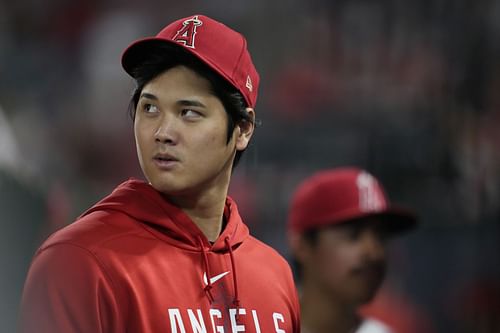
MLB insider believes Shohei Ohtani could forego long-term deal for something with an "exceedingly high average annual value"
There is some chatter on the hot stove that Shohei Ohtani might defy the odds. The Japanese superstar figures to be offered a contract that runs for at least a decade, with some estimating that teams will look to give him a 12-year deal and lock him up essentially for life. However, ESPN's Alden Gonzalez suggests that he might not be interested in long-term deals.
Gonzalez reported that Ohtani might favor a shorter, more expensive contract:
"People familiar with Ohtani's thinking believe he might be open to a short-term deal with an exceedingly high average annual value."
Rather than the potential 10-year, $500 million contract that someone will likely offer him, the Los Angeles Angels superstar could be interested in a three-year, $200 million contract.
Why Shohei Ohtani might go short term
Obviously, the three-year deal comes with a much higher AAV. It's worth about $67 million per season. That would shatter the MLB record of $43.33 million signed by both Justin Verlander and Max Scherzer. It's also more than a long-term deal is worth, as that hypothetical deal is worth $50 million per year.
Nevertheless, this does allow teams to have financial flexibility despite the increased salary. The vast majority of long-term contracts given out tend to not age well.
Aaron Judge will arguably not be worth $40 million a year when he's 39. Mookie Betts might not be worth $28 million when he's 30. When Mike Trout turns 38, he'll be making over $38 million.
As such, a team may be able to secure Ohtani's services without risking a terrible contract in eight years.

This is especially valuable given the long-term health of Ohtani. His value is derived from being an excellent pitcher and an excellent hitter. With Tommy John surgery, he can't pitch this year, and there's no telling how he'll be on the mound once he recovers.
Ohtani would make a ton of money as a hitter alone as he's that good. But teams are going to pay him to do both, and a short-term deal negates some of the risk if he can't perform that well anymore.